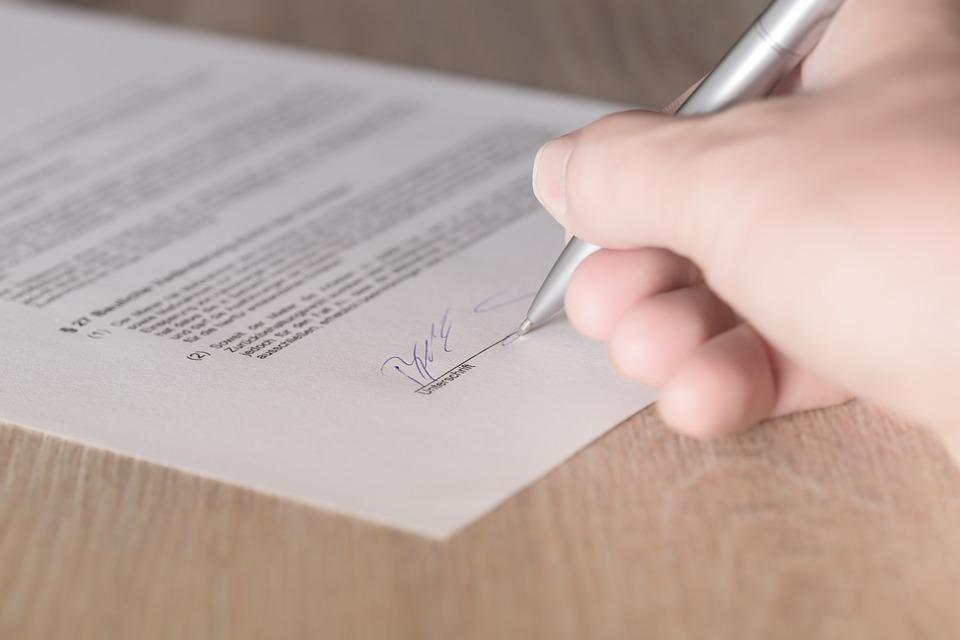A rental agreement is a contract between the resident and the landowner that determines the period and terms of tenancy. In Alberta, Residential Tenancies Act is the legislation responsible for regulating the procedure of rental leases. This law determines the security deposit for your home and regulates disputes between you and your landowner. Other key legislations that influence a tenancy agreement are Alberta Human Rights Act, Alberta Building Code and Personal Information Act.
Signing a rental lease is crucial for tenants to live peacefully. A rental agreement not only defines the responsibilities of the landowner and the tenant but also protects the renter from liabilities in case of damage to the property.
Here are a few things every renter should do before signing a rental lease:
Take your Time
It’s essential to not to rush with the choice of your apartment or house. Finding the right location may take a longer time but it’s better than settling for the first house that matches your budget. Consider the first visit to any location as an inspection. Interview the landlord professionally. Check out the neighbourhood and the location. Try to inspect all the listings available. Make sure the plumbing and other appliances are in working order before you settle for it.
Review the Agreement
Most renters overlook this document but reading the fine print is essential. Read the tenancy agreement carefully and review it with a residential real estate lawyer before signing the lease. Some landowners may introduce illegal conditions or unnecessary restrictions in the lease. An experienced lawyer makes sure your rental agreement is fair and follows all the regulations set out by the Residential Tenancies Act.
Add a Severability Clause
You can refer to your lawyer to discuss a severability clause with your land owner. A severability clause allows a tenant to change certain parts of the agreement as and when required without affecting the entire contract.
Validate Everything
If there is any condition in the agreement that you find objectionable, discuss it with your landlord. Don’t accept verbal guarantees like, ‘we never implement this rule’ for the terms. In case, the agreement is inadequate on certain details such as maintenance fees and renter’s insurance, ask your landlord to include them in the lease.
Clarify other Expenses
Beyond rent, clarify other expenses such as utility and energy bills with your landlord. Make sure these responsibilities are mentioned distinctly in the agreement. Other charges include repair costs, building maintenance fees and grace period for delayed rent payments, which you need to clear up with your landlord before signing a rental lease.
Renewal Procedure
Renewal clauses vary for different rental agreements. Make a note of the expiry date of your lease and discuss renewal ahead of time with your landlord. If your tenancy agreement has a clause for renewal, check the change in rent and other terms before signing the agreement.
To have an enduring rental agreement, consult an experienced property lawyer. Your lawyer can negotiate the terms of the contract on your behalf and also make sure your tenancy rights are not violated.

